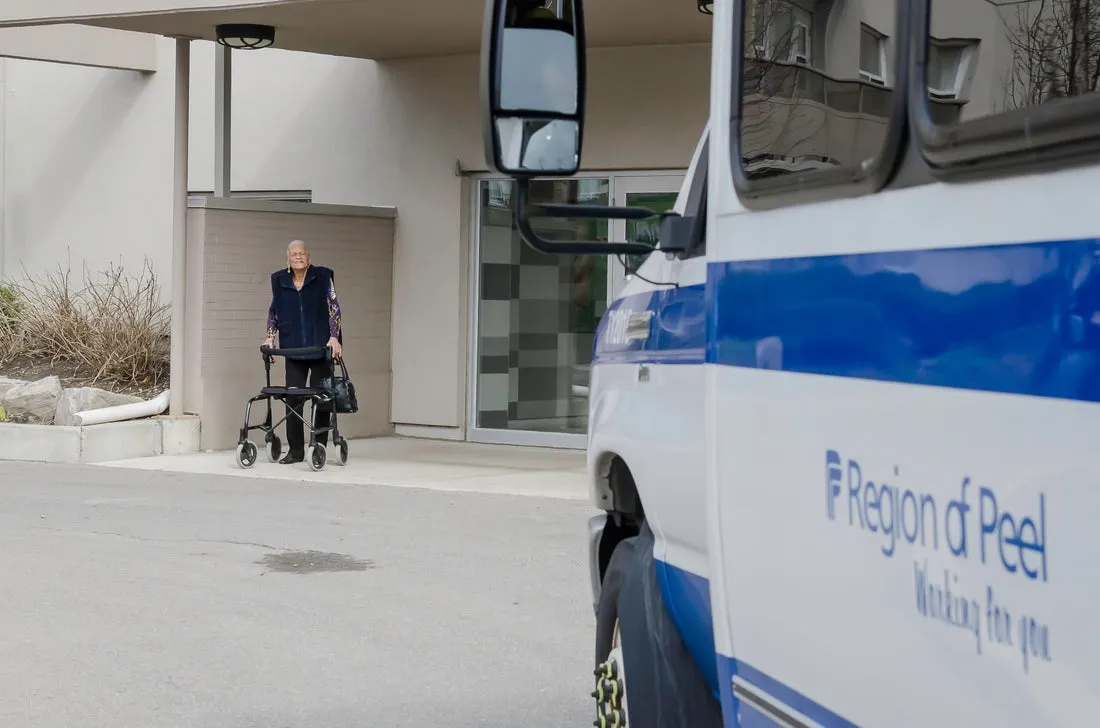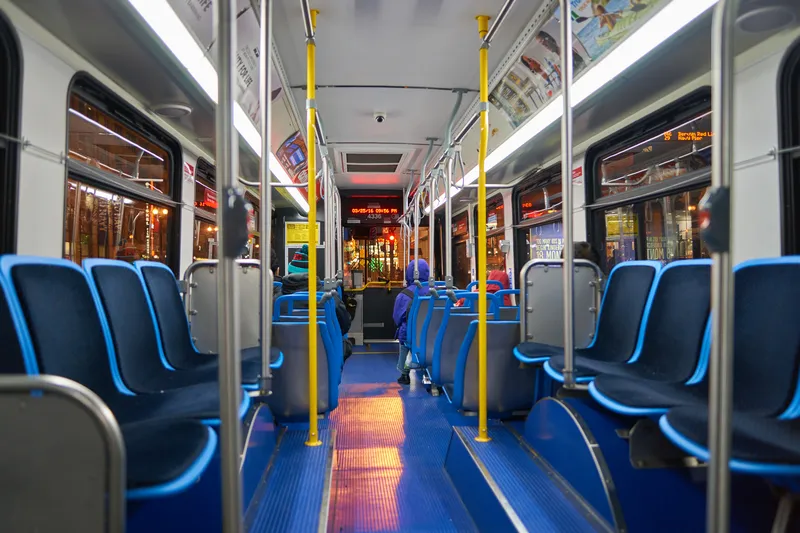
GMV will supply central management systems for intercity public transportation in Spain’s autonomous regions of Castilla y León, Castilla-La Mancha, Murcia and Aragón.
The company said that systems will make it possible to integrate all public transportation information and manage the necessary services for the general public, the government and operators.
GMV says its work in ITS and its multiplatform ITS Suite have earned it contracts worth more than €16 million for the development and launch of the new systems in the Spanish regions - as well as for the renewal of its contract with the government of Galicia.
The contracts are part of the Spanish government’s plans to bring better connectivity to the country’s rural areas where many elderly people live. To ensure mobility is sustainable, policies and actions must guarantee universal accessibility to basic services, promoting efficient public transportation alternatives adapted to people’s needs.
Regional intercity transportation systems in Spain have a high number of routes with low occupancy levels and loss-making operations that connect sparsely populated towns with the main urban centres. As part of the government’s Component 6 of the Recovery, Transformation, and Resilience Plan - one of the national plans drafted by the 27 Member States of the European Union to join the European recovery plan NextGenerationEU - several measures and investments have been included to modernise, digitalise and enhance security and sustainability for key intercity and intermodal transportation infrastructure throughout Spain.
In 2023 several autonomous regions tendered the supply and implementation of a central ITS management system to integrate all the intercity public transport information from the different concessions that make up the corresponding concession maps. The tender included the management of all the services for the general public, government agencies and operators that will be developed using this information.
GMV’s ITS Suite, a public transportation management and passenger information platform, provides access to a range of ITS applications. These include computer-assisted dispatch and passenger information systems, planning and scheduling, real-time regulation and control, ticketing, eco-driving, security and business intelligence.
In addition to these contracts for new regional systems, GMV also recently won the contract for continuing Galicia’s computer-assisted dispatch (CAD) system, which the company set up in 2015. It covers the region’s entire transportation management system, integrating information from 127 concessions and more than 3,500 vehicles from the various road transportation operators with their CADs.
In 2022, GMV also upgraded the multi-fleet CAD system for Barcelona area’s Metropolitan Transport Authority, a system that GMV set up in 2021.
More than 400 transportation operators in 100 cities in the US, Spain, Malaysia, Poland, Morocco, Sweden and Mexico use GMV’s ITS systems.
GMV is a privately owned global technology business group founded in 1984. Apart from ITS, it works in the sectors of space, aeronautics, defense and security, cybersecurity, automotive, healthcare and telecoms.










